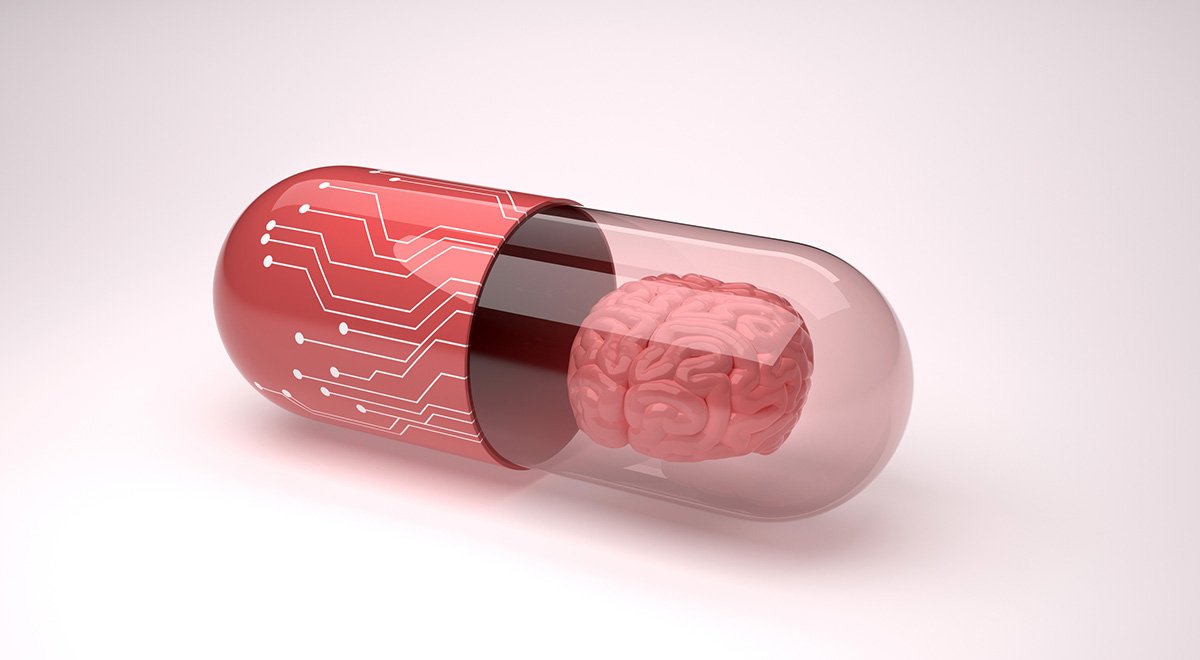Undeterred by a growing number of lawsuits over the antipsychotic medication Abilify, drugmaker Otsuka Pharmaceutical Company and its partners at Bristol-Meyers continue to seek new markets, promoting the drug for off-label uses ranging from autism to dementia and eating disorders.
Bristol-Meyers even wound up paying out a $19.5 million settlement late last year over off-label promotions. It’s not stopping them, however. Recently, Otsuka submitted a New Drug Application (NDA) to the U.S. Food and Drug Administration, seeking approval of a form of Abilify containing an ingestible sensor. Manufactured by Proteus Digital Health, it monitors the patient and provides digital data.
Initially, the FDA rejected the application and requested additional information. Specifically, officials needed an evaluation of risks and benefits and assurance that the device is safe for the human body.
This week, Otsuka resubmitted the application. Currently under FDA review, it is anticipated that a decision will be made by the end of the year.
The Proteus Digital Medicine sensor is the only device of its kind to have current FDA approval. No larger than a grain of sand, the sensor is embedded into a tablet or capsule of a given medication during the manufacturing process. It works in conjunction with an external sensor patch, worn by the patient.
Once the medication has dissolved in the patient’s stomach and the device comes into contact with gastric fluids, it sends data to the external sensor patch. This information is then relayed to a mobile patient app, where the patient and his/her physician can view it in order to evaluate how well the medication is working. It will also enable the physician and other concerned parties to know whether or not the patient is complying with instructions to take the medication.
Although the Proteus device has been approved by the FDA, the regulatory agency has not yet approved any medications with the device already implanted. The inclusion of the Digital Medicine sensor would be the first time the device has been used in this capacity.
For Otsuka and marketing partner Bristol-Meyer, this is a way to set Abilify apart from competing products. As is the case for all patients under a physician’s care, outcomes depend upon whether or not they are complying with physician instructions and actually taking the medications. This is frequently an issue with psychiatric and other mental health patients. The issue is of great concern to Otsuka, since the market for anti-depressants and other psychoactive medications is expected to nearly double over the next decade, growing to $5.8 billion worldwide by 2025.

